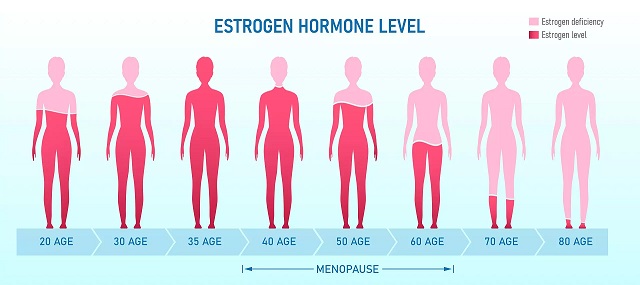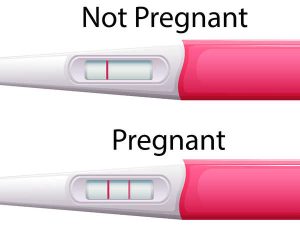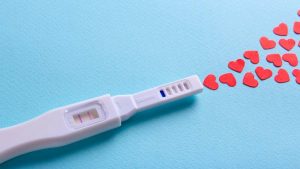If you are thinking about starting or expanding your family, you may have some questions about how your age affects your fertility. Many people are choosing to have children later in life, for various reasons such as career, education, finances, or personal preferences. However, it is important to be aware of the biological changes that occur as you age, and how they may impact your chances of conceiving and having a healthy pregnancy.
In this blog post, we will discuss some of the effects of aging on fertility for both men and women and what you can do to optimize your reproductive health and achieve your family goals.
How does aging affect female fertility?
Female fertility is largely determined by the number and quality of eggs in the ovaries. Women are born with a finite number of eggs, which gradually decline throughout their lifetime. The peak of female fertility is in the late teens and early 20s, and then it starts to decline gradually after age 25. By age 35, the decline becomes more rapid, and by age 40, the chances of conceiving naturally are significantly reduced.
The quality of eggs also declines with age, which means that they are more likely to have chromosomal abnormalities that can lead to miscarriage or birth defects. The risk of miscarriage increases from about 10% in the early 20s to about 40% in the early 40s. The risk of having a baby with Down syndrome increases from about 1 in 1,200 at age 25 to about 1 in 100 at age 40.
Additionally, aging can affect other aspects of female reproductive health, such as the regularity of ovulation, the thickness and receptivity of the uterine lining, the function of the fallopian tubes, and the hormonal balance. These factors can also affect the chances of conception and implantation.
How does aging affect male fertility?
Male fertility is also influenced by age, although not as dramatically as female fertility. Men produce sperm throughout their lifetime, but the quantity and quality of sperm decline with age. The peak of male fertility is in the mid-20s, and then it starts to decline gradually after age 30. By age 40, the sperm count and motility (ability to swim) are about half of what they were at age 20. By age 50, sperm morphology (shape) and DNA integrity are also affected.
The decline in sperm quality can affect the chances of fertilizing an egg and producing a healthy embryo. The risk of miscarriage and birth defects also increases with paternal age. The risk of having a baby with Down syndrome increases from about 1 in 1,500 at age 25 to about 1 in 500 at age 40.
Moreover, aging can affect other aspects of male reproductive health, such as libido, erectile function, ejaculation volume and force, and hormonal balance. These factors can also affect sexual performance and satisfaction.
What can you do to optimize your fertility as you age?
If you are planning to have children later in life, there are some steps you can take to improve your chances of success and reduce the potential complications. Here are some tips:
– Consult a fertility specialist: If you are over 35 and have been trying to conceive for more than six months without success, or if you have any known or suspected fertility issues, it is advisable to seek professional help from a fertility specialist. They can perform a comprehensive evaluation of your reproductive health and offer personalized treatment options based on your needs and preferences. Some of the common treatments include ovulation induction, intrauterine insemination (IUI), in vitro fertilization (IVF), intracytoplasmic sperm injection (ICSI), preimplantation genetic testing (PGT), donor eggs or sperm, or surrogacy.
– Maintain a healthy lifestyle: Your lifestyle choices can have a significant impact on your fertility and pregnancy outcomes. Some of the things you can do to enhance your reproductive health include eating a balanced diet rich in antioxidants, vitamins, minerals, and omega-3 fatty acids; exercising moderately and regularly; avoiding smoking, alcohol, caffeine, drugs, and environmental toxins; managing stress; getting enough sleep; maintaining a healthy weight; and taking prenatal vitamins or supplements as recommended by your doctor.
– Preserve your fertility: If you are not ready to have children yet but want to keep your options open for the future, you may consider freezing your eggs or sperm for later use. This can help you preserve your fertility potential at its current state and avoid the effects of aging on your gametes.





